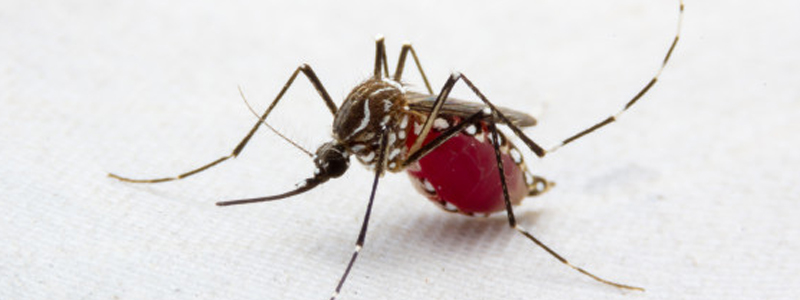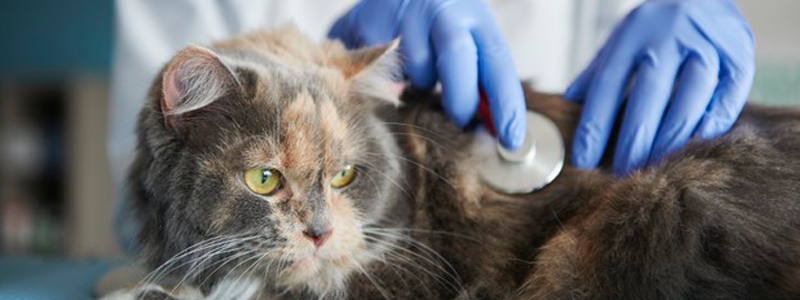BY: SAMANTHA BARTLETT, DVM
The Aedes aegypti mosquito is responsible for spreading dengue fever, Zika virus, and yellow fever to people as well as heartworm to pets. The Florida Keys Mosquito Control District is in need of new methods of control for this hazardous pest and has recently resorted to releasing genetically modified mosquitoes in an attempt to reduce the A. aegyptipopulation. The A. aegypti mosquito is an invasive species that makes up about 4% of the mosquito population of the Florida Keys and is responsible for spreading almost all mosquito-borne disease.
Only the females of the species bite and spread disease. Oxitec, a British firm, engineered the male mosquitoes which will mate with biting females and result in any female offspring being unable to survive. Oxitec modified the males to pass on a gene that will kill female offspring before they mature. Male offspring will continue to pass on the modified gene when they mate. The modified mosquitoes also emit a fluorescent glow so they can be easily identified when captured. This allows scientists to monitor the project to understand the mosquito population. The project calls for 12,000 GMO mosquitoes to emerge each week for 12 weeks from six different locations in the Florida Keys.
Despite opposition from some residents of the Florida Keys, the project was approved after a decade of regulatory review by the Environmental Protection Agency, the Centers for Disease Control and Prevention and the Florida Department of Agriculture. An officer of the Florida Keys Mosquito Control District acknowledges concerns of the residents but feels this project is necessary as traditional methods of mosquito control have become more and more ineffective. The agency review found no unreasonable adverse effects to humans or the environment from the release of the GMO males. They also found no unreasonable adverse effects to non-target organisms that may consume the GMO mosquitoes. In addition, there appeared to be negligible risk of antibiotic resistant bacteria due to release of GMO mosquitoes into the environment.
In 2017 and 2018, the state released male mosquitos that had been infected with a bacteria called Wolbachia, which caused the offspring of matings to be nonviable. Since the spread of Zika virus in 2016, the threat created by the mosquito is bigger and the need for more effective methods of control are greater. Oxitec’s mosquito experiment reduced the mosquito population by 80 percent in Brazil.
If the Oxitec project succeeds in the Florida Keys, the company plans to submit the results to the EPA in hopes their mosquitoes can be used in projects elsewhere throughout the country.











